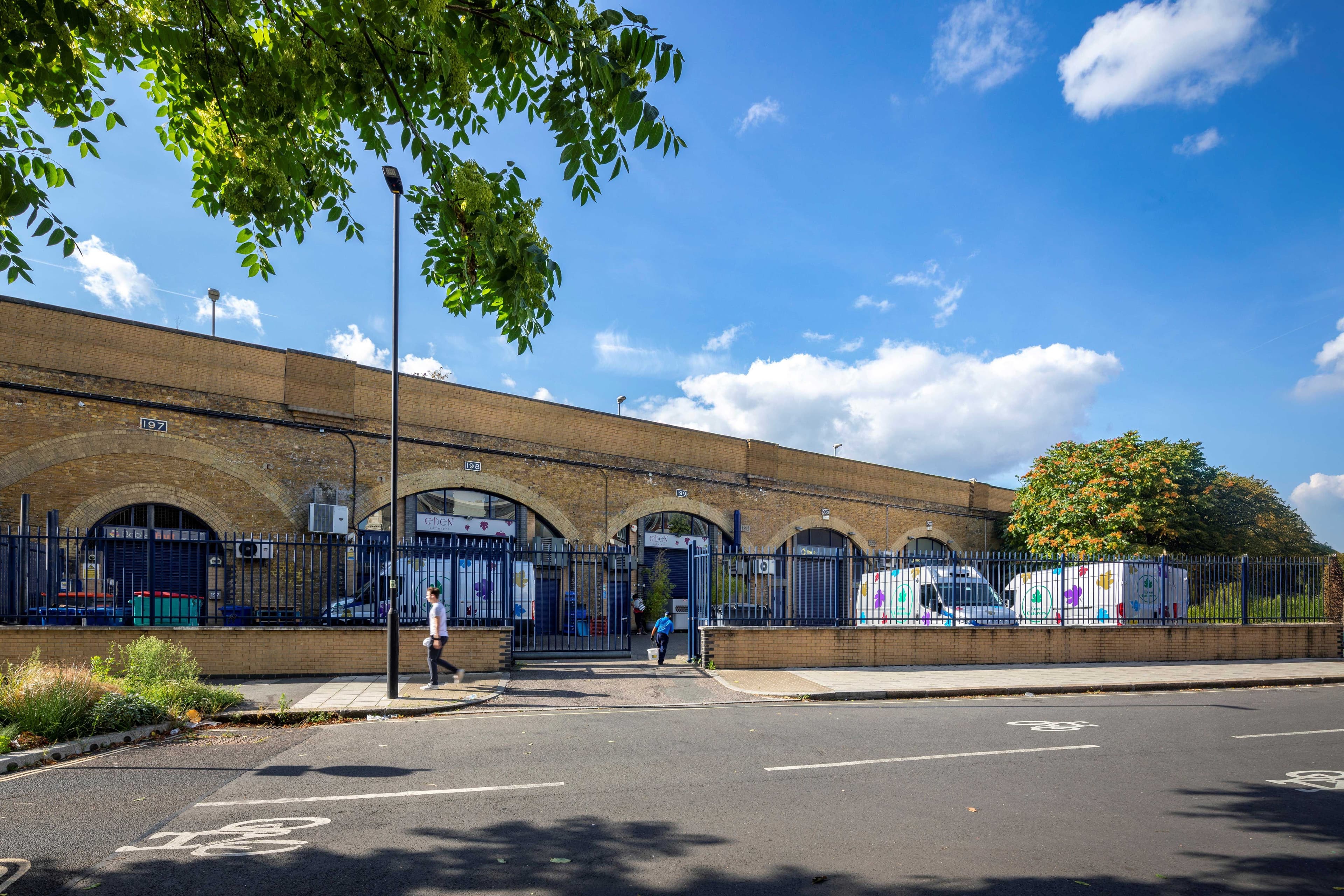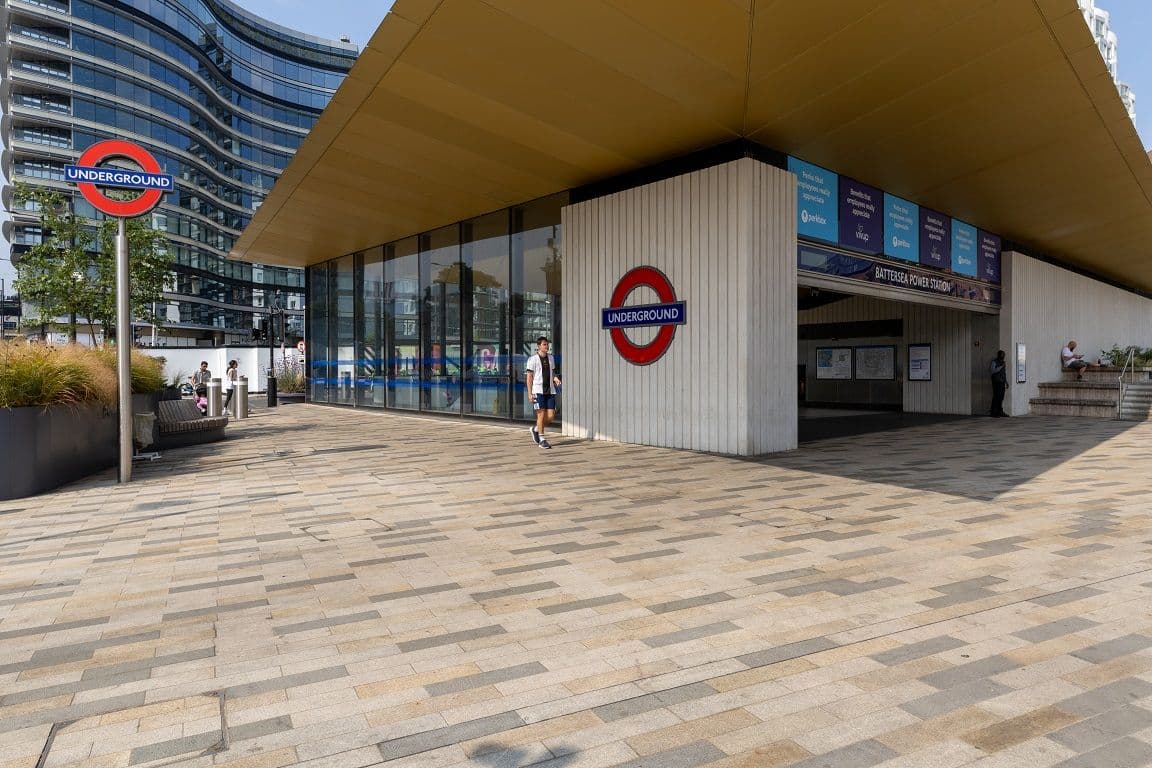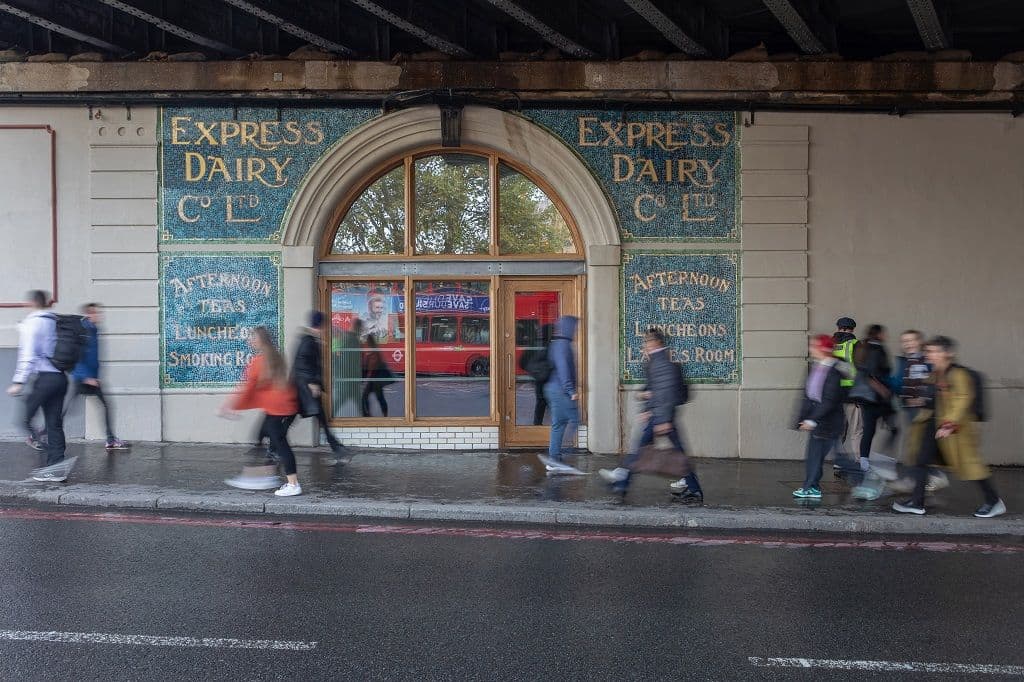Choosing a Commercial Property that Grows With Your Business
18th September, 2025

Finding the right commercial property is more than just securing a workspace, it’s about setting your business up for long-term growth. The right premises can help you attract top talent, support an expanding workforce, and keep operations running efficiently. Get it wrong, and you risk costly relocations or operational disruption.
This guide offers practical commercial rental advice to help you choose a property that evolves as your business scales.
Conduct thorough market research
Before signing any lease or committing to a space, it’s essential to take a step back and assess where your business is heading, both in the short and long term. Strategic market research plays a critical role in choosing a commercial property that can grow with your business, helping you avoid the cost and disruption of relocating too soon.
Start by looking into comparable businesses in your sector. How long did it take them to scale? Did they outgrow their original premises faster than expected? Did any businesses lease a space too small and had to relocate soon after, or did they opt for a workspace too big for their budget, which resulted in downsizing? Gathering this kind of intelligence will help you build realistic growth forecasts. From there, you can accurately predict and estimate what your own timeline for expansion might look like.
Planning with scalability at the forefront of your decision making and choosing a unit that allows for growth without overcommitting, will ensure your commercial property continues to support your success, rather than cause disruptions. Align your rental decisions with your business roadmap and you’ll be better placed to scale up smoothly and sustainably.
Choosing the best location for your business
Location can make or break a growing business. While the size and layout of a workspace are important, your property’s surroundings can directly impact your ability to operate efficiently, and can either attract or deter customers or clients.
It’s important to look beyond short-term needs and consider how well a location supports your long-term growth strategy. Just as you might research competitors to understand the size and flexibility of their workspaces, it’s equally valuable to assess how their location has influenced their success. Where are they based? Did their location allow for easy expansion? Did being in a prime area accelerate their growth, whether that was by attracting more customers or improving day-to-day operations? Asking these kinds of questions can help you determine whether a particular location will support your business as it evolves, and how easily you’ll be able to scale from that base.

Decide what your business space needs to have
Understanding your business’s practical requirements is essential when choosing a commercial property that can support growth. While it’s tempting to focus on size and location alone, the right features can make or break your day-to-day operations and long-term scalability.
Different sectors will naturally have different needs.
If you're looking into how to scale a restaurant business, essential infrastructure such as ventilation, gas connections, and adequate plumbing must already be in place or feasible to install. Cafés, bars, and microbreweries often require both front-of-house space and back-of-house facilities, with accessible washrooms and drainage already built in.
Retailers and e-commerce operators might need clearly defined stock storage areas, ideally separate from customer-facing zones. Meanwhile, if you're planning how to grow your small business in a client-based industry like consulting, design, or finance, your office space should provide a professional, accessible setting for meetings, with dedicated visitor parking and nearby transport links being an added bonus.
Tech start-ups or SaaS businesses will need strong digital infrastructure. You’ll need faster broadband speeds and a power supply that can handle your equipment as your team expands.
Regardless of your industry or sector, one of the most important considerations is the flexibility of the internal layout, as it needs to be able to adapt and evolve alongside your business. Another commonly overlooked factor is legal and planning constraints. For example, is the building you’re considering subject to restrictions that could make alterations or renovations difficult to approve through planning permission? It’s essential to factor these limitations in from the outset, especially if customisation is a key part of your business model.
Research thoroughly and list the must-haves before viewing any space. Renovating can be expensive and, in many cases, restricted early in your tenancy. Choosing a property that meets your operational needs from day one will reduce costs, improve efficiency, and give your business room to grow without unnecessary barriers.
Expansion and development opportunities
One of the most overlooked elements of scaling is making the most of what you already have. Many commercial spaces offer untapped potential. Vertical space, for instance, can often be developed with mezzanine levels that add square footage without expanding the footprint. These additions can house extra desks, stock areas, or private work pods.
Reassessing internal layout can also yield more capacity than you expect. Removing oversized furniture, introducing zoning, or rethinking team flow can free up valuable space. These adjustments often result in better day-to-day operations and delay the need for a move.
By identifying the latent opportunities in your current space and investing in smart upgrades, your premises can grow in step with your business. This ensures continuity, minimises disruption, and provides a strong foundation for long-term success.
Consider the right time to franchise
Franchising offers a way to grow without changing your core location. If your business has developed a strong local presence and consistent demand, expanding through franchises can allow you to reach new areas while continuing to operate from your existing space.
This model is especially suited to sectors where brand consistency and customer loyalty are essential. Hospitality and retail businesses, in particular, can benefit from replicating a proven format in fresh markets, generating revenue without the full cost or risk of launching a second company-owned site.
To succeed, franchising demands clear systems and strong operational frameworks. Brand guidelines, training materials, and quality control processes must all be in place to protect your reputation. Managing multiple locations, even indirectly, requires oversight and structured support to maintain customer standards.
It’s also important to assess the scalability of your concept. Ask yourself if the core offer can be repeated in a different setting. Research the market potential of new areas, and be honest about your readiness to shift from running a single business to mentoring others.
Franchising can be a smart move if you want to grow without relocating, particularly if your current space has unique value or historic significance. With careful planning and the right advice, your original site can serve as the blueprint for future success.

We can help you find the rental right for you
At The Arch Company, we specialise in helping small businesses, start-ups, and growing brands find flexible spaces that support long-term success. With over 5,200 properties across England and Wales (and a particularly strong presence in London) our portfolio includes a wide variety of railway arch spaces ideal for everything from retail and hospitality to offices, workshops, and creative studios.
We’ve supported thousands of entrepreneurs in finding the right commercial rental for their needs, offering spaces that can scale with their ambitions. Whether you're launching your first location, expanding an agency, or looking for a space to grow your café or retail concept, we can help.
Check out our related blog: The Importance Of Site Selection And Location For Business Success